|
Genres, Themes, Actors, and Directors:
- Burgess Meredith Films
- John Korty Films
- Marital Problems
- Star-Crossed Lovers
Review:
John Korty‘s debut film — narrated by Burgess Meredith, starring unknown actors, and following a most unconventional storyline — is a delightful taste of mid-century independent American cinema. More a fable than a realistic narrative, The Crazy-Quilt is nonetheless grounded in the very-real tribulations of love and marriage, as two complete opposites struggle to create a life together. Korty’s low-budget camerawork is consistently innovative and striking, making fine use of high-contrast lighting and naturalistic settings; meanwhile, Peter Schickele‘s creative score provides a quirky, memorable backdrop to the proceedings. Mela and Rosquith are well-cast as the film’s protagonists, with Mela in particular (she has no other credits listed on IMDb) giving a haunting performance; she ages from giddy young housewife to seasoned woman over the course of the film, and the contrast is striking. Film fanatics should definitely seek out The Crazy-Quilt: while it may come across as slightly dated, its emotional impact remains largely intact.
Note: Korty’s Oscar-winning documentary Who Are the DeBolts? [And Where Did They Get Nineteen Kids?] (1977) is also well worth a look; surprisingly, it’s not a Peary title.
Redeeming Qualities and Moments:
- Ina Mela as Lorabelle
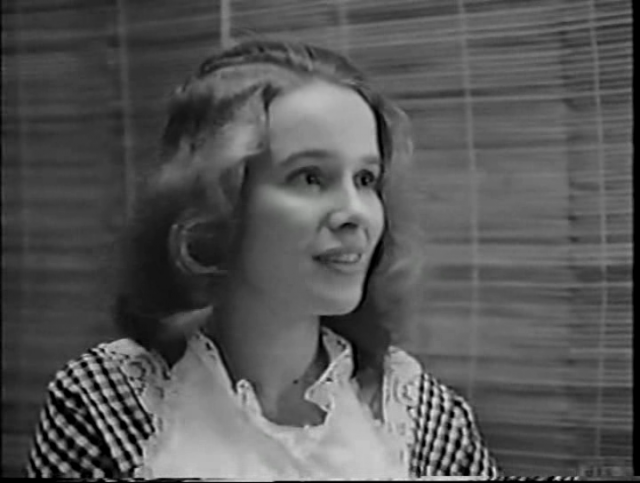
- Tom Rosqui as Henry
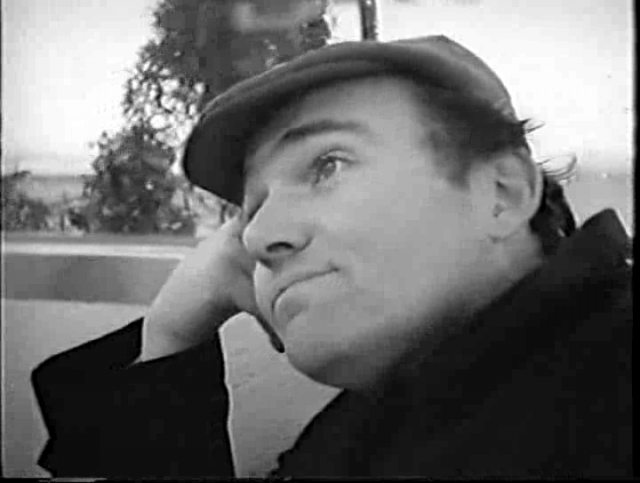
- An unusual portrait of an unconventional love affair
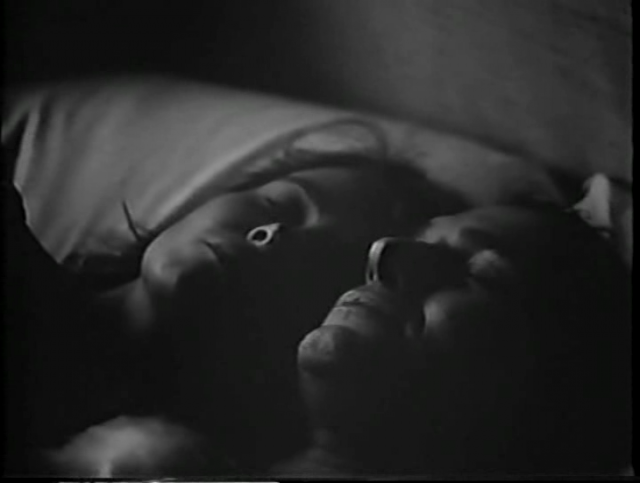
- Memorable imagery
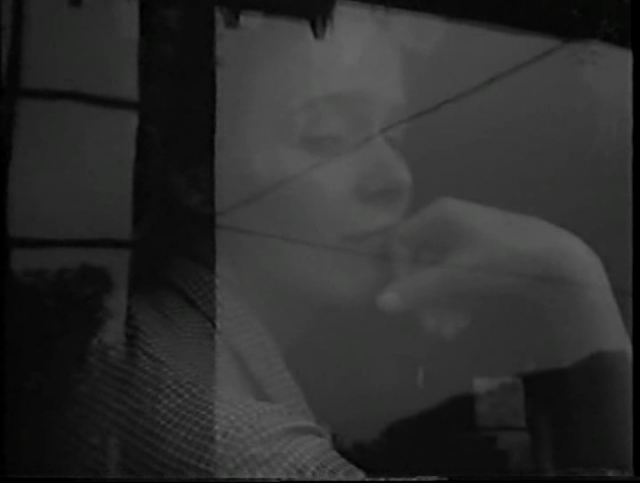
- Impressive low-budget cinematography
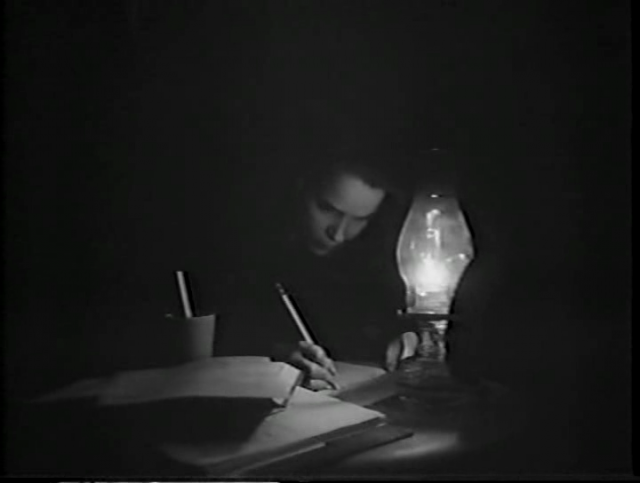
- Peter Schickele’s distinctive score
Must See?
Yes, as a one-of-a-kind experimental film.
Categories
Links:
|
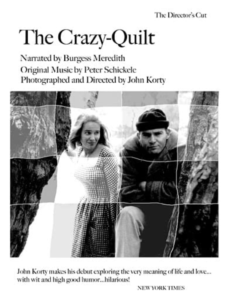





One thought on “Crazy-Quilt, The (1966)”
A must – and in complete agreement here; a charming fable.
This is one of those times when I am particularly grateful for Peary’s book. (His guide does prove, to a certain extent, that there are always gems out there waiting to be discovered. And that finding them is an active process.)
This film covers a lot of ground in 75 min., and it’s always playing against expectations. Yet, even as it does, it makes perfect sense. I really do understand these two people, and the film does say much about the fact that it makes no difference if you’ve known someone a long time – or have just met him/her in a park – before marriage or commitment. A committed relationship is still a challenge and simultaneously a mystery.
Mena (who comes off as a less-jittery Sandy Dennis) and Rosqui are perfection in their roles. They evolve yet are true to their cores. And the film has much to say about what love may actually be – as opposed to the fairy tale it is said to be. It also has much to say about what it simply means to be human. The film is funny and sad – and resolved to be what life really is.
Schickele’s score does add a lot. (I remember growing up with his recordings of P.D.Q. Bach, etc. It was refreshing to hear how he brought all of his musical knowledge to a film score.)
I don’t really find this film ‘dated’ at all. I don’t really think it can age. It is a sad thing in life when people look for carbon copies of themselves when choosing life partners. It seems to me more natural when – as in this film – people search in order to be brought out of themselves, to be shown something different yet balancing for them.
Is there really such a thing as ‘a perfect couple’? Perhaps there is in very rare instances. The main characters in this film are not that. They do, at times, achieve an odd sort of satisfying balance – and it’s refreshing when we see that. But the film appears to be saying that there is so much garbage in life that you should consider yourself lucky if you find someone who sustains you on some level.
Is the film’s view a cynical one? Well, it does start out from the male protagonist’s POV – and he is (almost) totally without illusions – and it does seem to end there. The rest is up to the audience to decide.
More than anything, the film is a cautionary tale: be careful with your heart – and know that life does nothing but challenge it.